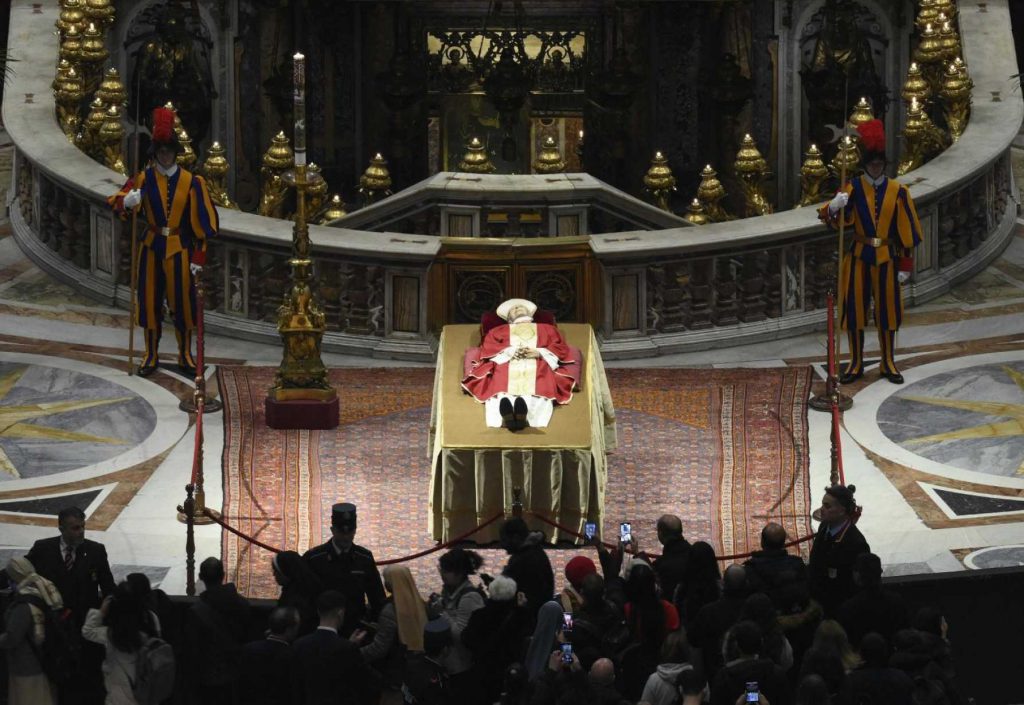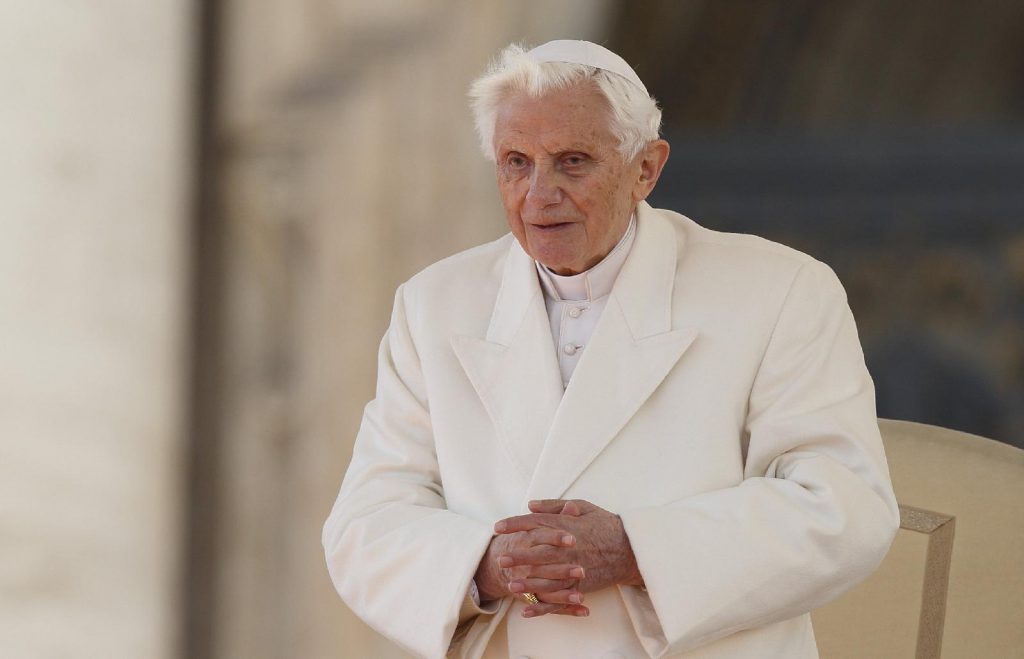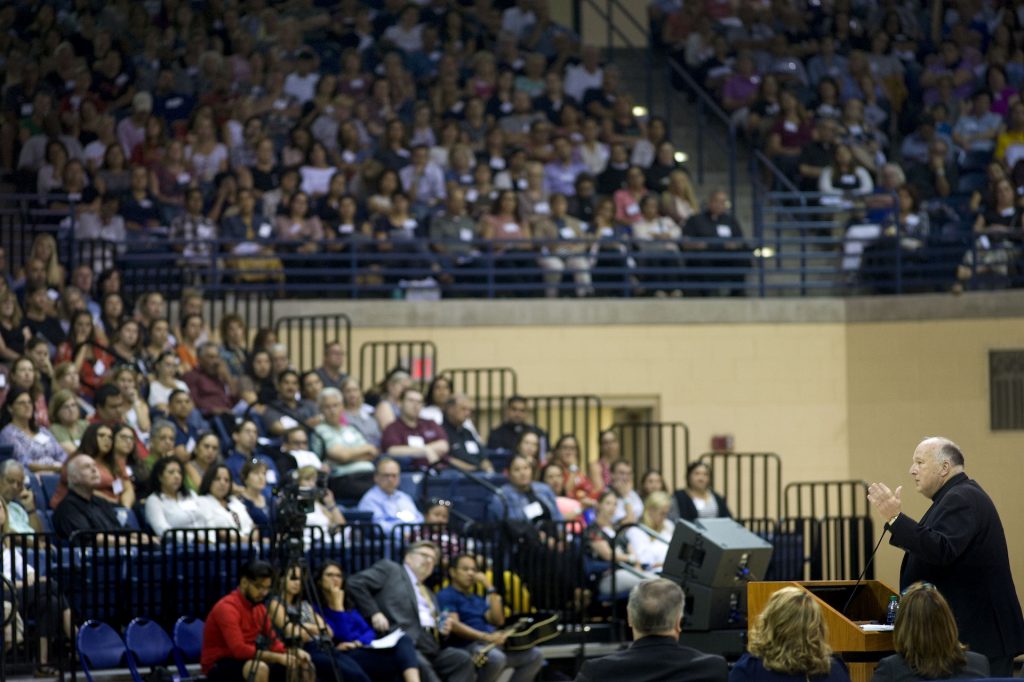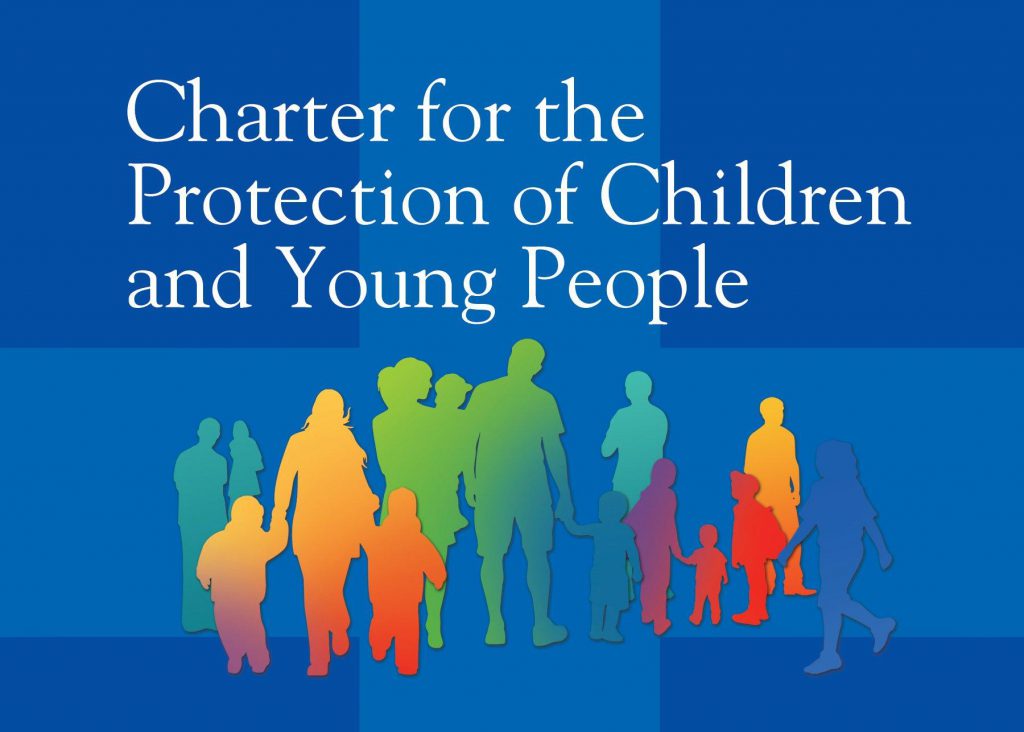VATICAN CITY — At the age of 94, retired Pope Benedict XVI said he knows he will soon stand before God’s judgment and he prayed that he would be forgiven for his shortcomings, including in handling allegations of clerical sexual abuse.
“Even though, as I look back on my long life, I can have great reason for fear and trembling, I am nonetheless of good cheer, for I trust firmly that the Lord is not only the just judge, but also the friend and brother who himself has already suffered for my shortcomings, and is thus also my advocate,” he said.
In response Feb. 8 to a recent report on sexual abuse cases in the German Archdiocese of Munich and Freising, Pope Benedict also confirmed that an error in the testimony written on his behalf had been an oversight and “was not intentionally willed and I hope may be excused.”
“To me it proved deeply hurtful that this oversight was used to cast doubt on my truthfulness, and even to label me a liar,” he said in a letter released Feb. 8 by the Vatican.
However, the retired pope, who headed the Munich Archdiocese from 1977 to 1982, emphasized his feelings of great shame and sorrow for the abuse of minors and made a request for forgiveness to all victims of sexual abuse.
“I have had great responsibilities in the Catholic Church. All the greater is my pain for the abuses and the errors that occurred in those different places during the time of my mandate,” Pope Benedict wrote.
“Each individual case of sexual abuse is appalling and irreparable,” he said. “The victims of sexual abuse have my deepest sympathy, and I feel great sorrow for each individual case.”
The letter comes after a German law firm released a report in late January on how abuse cases were handled in the Archdiocese of Munich and Freising.
The report, compiled at the request of the archdiocese, incriminated retired Pope Benedict, with lawyers accusing him of misconduct in four cases during his tenure in Munich. Lawyer Martin Pusch of the law firm Westpfahl Spilker Wastl said the retired pope had denied wrongdoing in all cases.
The Munich investigation followed two years of research and covered the period from 1945 to 2019, centering on who knew what about sexual abuse and when, and what action they took, if any. The report — made up of four volumes with almost 1,900 pages — identified at least 497 victims and 235 abusers.
Pope Benedict had submitted an 82-page written statement to the panel conducting the investigation, and, in it, the former pope had said he did not take part in a meeting in 1980 on the case of the repeat offender Peter H., who came to Munich from Essen.
The retired pope amended that statement after the report came out, saying he was present at the 1980 meeting, but the meeting focused only on finding housing for Peter H. while he underwent therapy; the priest’s abusive history was not discussed, he said.
That statement, issued Jan. 24 on Pope Benedict’s behalf by his secretary, Archbishop Georg Ganswein, said the error of incorrectly stating the retired pope had not been at the meeting “was not done out of bad faith but was the result of an oversight in the editing of his statement.”
In his Feb. 8 response, the retired pope said there was a “small group of friends who selflessly compiled on my behalf my 82-page testimony for the Munich law firm, which I would have been unable to write by myself.”
And while it was “deeply hurtful” for the oversight to have been used to cast doubt on him, Pope Benedict wrote, “I have been greatly moved by the varied expressions of trust, the heartfelt testimonies and the moving letters of encouragement sent to me by so many persons.”
Together with the pope’s letter, the Vatican published an “analysis” of the Munich report’s assessment that then-Cardinal Ratzinger allegedly mishandled abuse allegations on four occasions when he led the German archdiocese. The analysis was compiled by a small team of canon lawyers and other experts who had helped craft the original 82-page response during the initial phase of the investigation.
This team’s response focused primarily on the case of “priest X,” the serial abuser also known as Peter H. It said the Munich report’s assessment did “not correspond to the truth” because the now-retired pontiff “was neither aware that priest X was an abuser, nor that he was included in pastoral activity.”
According to the Munich report, then-Cardinal Ratzinger “employed this priest in pastoral activity, even though he was aware of the abuses committed by him, and thus would have covered up his sexual abuses.”
(Information on Diocese of San Diego’s Safe Environment Program here.)







